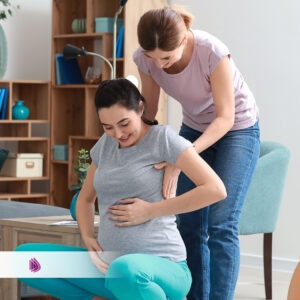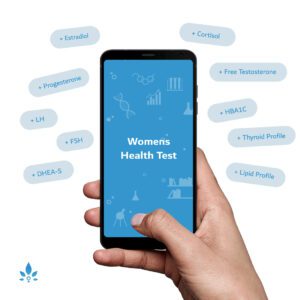How to Safely Detox From Opiates in Pregnancy


Occasionally pregnant women may need to take pain medicine. This may be for a back injury, after recovering from surgery, or during a gallbladder attack. Usually, doctors and midwives will try to use medicine such as acetaminophen and heat or massage to treat pain, but sometimes stronger drugs are needed. This is when opiates may be prescribed.
Opiates are drugs like morphine, fentanyl, oxycodone, and codeine, and they are all related to the illicit drug heroin. These legal synthetic forms can be given in pill or intravenous form, and are usually used for short periods of time to try and limit the potential for harm to the developing baby as well as decrease the risk of abuse.
Some women, unfortunately, go on to develop opioid abuse disorder, which is when opioids (either obtained legally or illegally) are used in a way that leads to tolerance, craving, and escalated use. Often women in this category will obtain these drugs illegally and may participate in unsafe practices such as trading sex for drugs.
Luckily, many women with opioid use disorder will use pregnancy as a time to try and optimize their health. These women are also more likely to interact with medical professionals since they are pregnant, and these practitioners can help them manage their disorder. Many pregnant women hope to decrease their opioid use completely or cut back while pregnant so as to benefit their baby.
It is not recommended that a pregnant woman who has been chronically using opioids just stop suddenly. This can lead to acute withdrawal which can be harmful to both mom and baby. Typical withdrawal symptoms include pain, nausea, diarrhea, tremors, and anxiety. These symptoms can be so severe that they can lead a woman to start using again, putting her at risk of using too much and overdosing. Acute withdrawal can also have severe consequences for a fetus, too. It can lead to premature labor as well as stillbirth and miscarriage.
Some women may think medically supervised withdrawal is the answer, then, but this too is not recommended. The idea behind this is that a woman is slowly weaned off her drug of abuse under the supervision of a doctor or treatment facility. However, these programs have a 60 to 90 percent relapse rate and because of this are not recommended.
Medication-assisted treatment (also known as MAT) is what is currently recommended for pregnant women abusing opioids. Pregnant women in MAT programs receive a daily dose of maintenance medication, in the form of methadone or buprenorphine, dispensed directly from an opioid treatment program. These medications prevent withdrawal symptoms but are safely monitored and regulated, providing a consistent dose over time. This means the woman has no craving or physical need for heroin or other opiates. Medications used in MAT also have a lower potential for overdose.
Using these medications, combined with addiction counseling, psychosocial services, and prenatal care, MAT has been shown to be the best way for a pregnant woman to safely manage her opioid addiction in pregnancy. These treatments are not perfect, as they will still lead to neonatal abstinence syndrome, but it is expected and pediatricians who care for these babies will know exactly how much medication the baby has been exposed to in utero and be prepared to treat it. Women in MAT programs are less likely to use drugs off the street, which means they are less likely to inject drugs, be exposed to HIV and hepatitis C, or be exposed to sexually transmitted infections or violence as the result of trading sex for drugs.
Ideally, a woman with opioid usage disorder would be able to stop using all illicit drugs prior to becoming pregnant. Unfortunately, this is not always possible and in these cases providing safe, consistent care for these women in a nonjudgmental way is the best thing medical providers can do.
If you or someone you know is interested in enrolling in MAT, you can go here for more information.
Sources:
- The American College of Obstetricians and Gynecologists
- Committee opinion #711: Opioid use and opioid use disorder in pregnancy
- August 2017.
Powered by Bundoo®













































